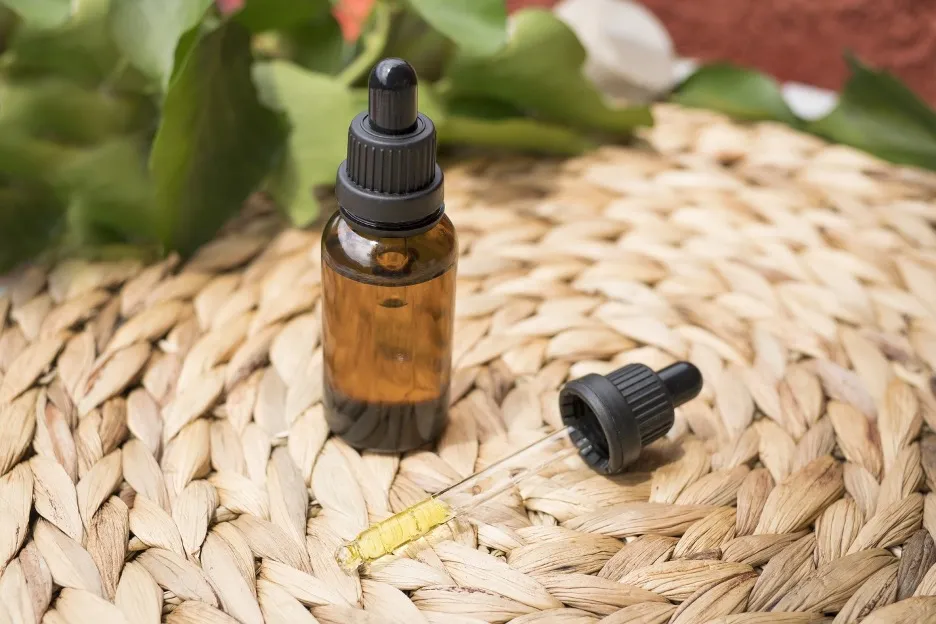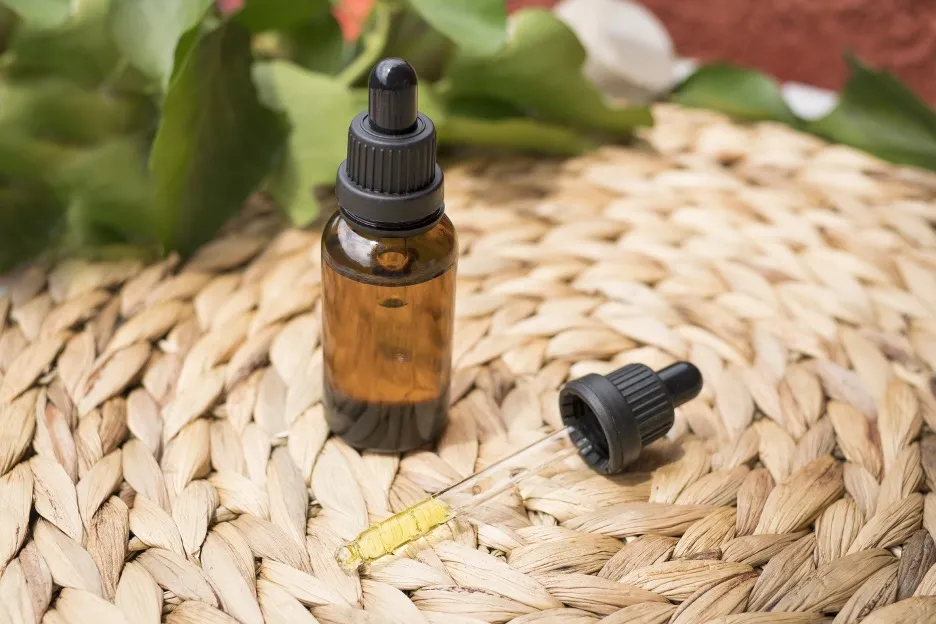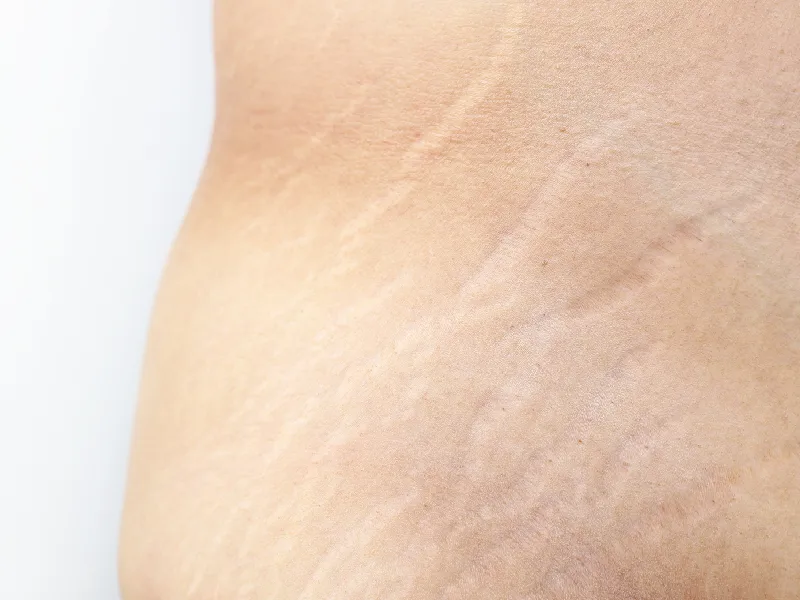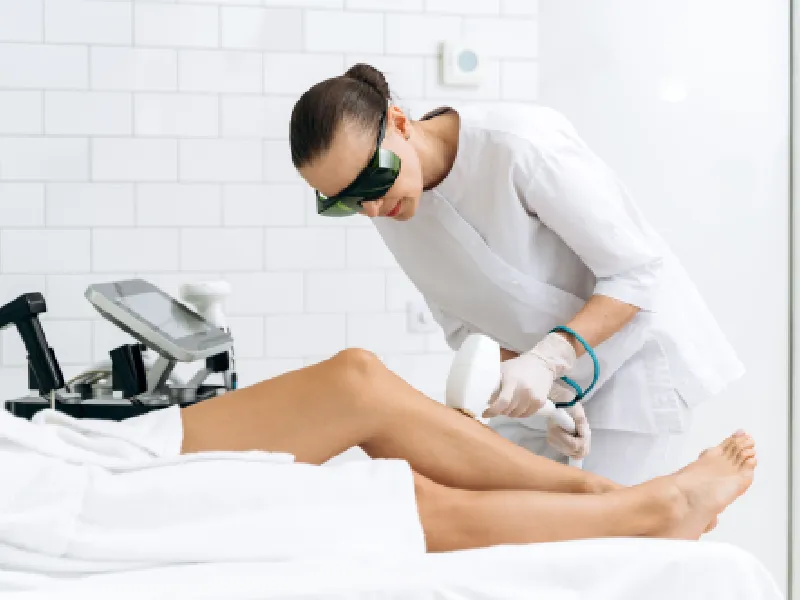- Date: Feb 23 2023
Things You Need to Know About Hyaluronic Acid
Hyaluronic acid is a natural substance produced by the human body. It is a gooey lubricant found in the eyes, joints, and tissues. It promotes skin health and bone strength and heals wounds faster. The primary function of hyaluronic acid is to retain water in the body and lubricate the tissues. It has many uses in maintaining good skin and supporting health of other tissues.
Hyaluronic acid (HA) is also consumed as oral supplements, applied to the skin as topical serums, or used as eye drops to prevent dry eyes.
Here is a short read about hyaluronic acid to better understand its benefits, side effects, and other aspects.
How Does Hyaluronic Acid Work?
Hyaluronic acid is a type of carbohydrate commonly found in body tissues. It is present in high concentrations in synovial fluid (the thick gooey lubricant that keeps the joints healthy and frictionless), vitreous humor (the colorless fluid in the eyes that prevents dry eyes and itching), etc. It can bind 1000X its weight in water. The consistency of hyaluronic acid allows it to retain the water and moisture necessary for the body to stay function smoothly.
However, age, ultraviolet rays, smoking, pollution, etc., can reduce the production of hyaluronic acid in the body. This causes joint pains, wrinkles, dry and dull skin, itchy eyes, etc.
 HA supplements can help ensure that the body has the necessary quantities of this lubricant to maintain eye, joint, and skin health.
HA supplements can help ensure that the body has the necessary quantities of this lubricant to maintain eye, joint, and skin health.
Hyaluronic acid is also called Hyaluronan and sodium hyaluronate. The cosmetic industry has popularized the use of HA for skin care.
 This compound is made by fermenting certain bacteria. Hyaluronic acid is available in rooster combs and is also sourced from the eyeballs of sharks and swordfishes, the liver of stingrays, and bivalve mollusks.
This compound is made by fermenting certain bacteria. Hyaluronic acid is available in rooster combs and is also sourced from the eyeballs of sharks and swordfishes, the liver of stingrays, and bivalve mollusks.
People with poultry and fish-related allergies should be doubly careful when using HA topical serums or supplements as these are not regulated by the pharmaceutical guidelines.
Health Benefits of Hyaluronic Acid
Hyaluronic acid can be classified into two types based on its molecular weight. High molecular weight HA (HMWHA) has molecules in large form and is used to treat inflammation. It is injected into the joints to treat osteoarthritis. Low molecular weight HA (LMWHA) has greater penetration abilities and is used in topical applications.
Since the production of hyaluronic acid decreases with age, it is common for aging people to use HA topical solutions and supplements. A few benefits are as follows:
- Promotes Skin Health
Hyaluronic acid is naturally found in skin tissues. When the production decreases, you notice signs of aging like wrinkles, dull skin tone, etc. HA supplements and topical solutions can delay the signs of aging and bring back the suppleness of your skin. Based on a 2014 study, adults can take around 240 mg (milligrams) of HA oral supplements for a month to reduce skin dryness and increase moisture levels in skin cells.
- Relieve Dry Eyes
Dry and itchy eyes are found in around 11% of adults because of reduced tear production. Hyaluronic acid is used to help eyes retain moisture, treat dry and itchy eyes, and improve eye health. It is also recommended after eye surgeries to reduce inflammation and heal wounds faster. Researchers are working on developing contact lenses that slowly release hyaluronic acid into the eyes.
- Aid in Healing Wounds
A research article published in 2016 shows that hyaluronic acid controlled inflammation and redirected blood vessels to the damaged/ affected skin area, thus speeding up the healing process. Another study showed that HA helped heal food ulcers faster in people with diabetes.
- Reduce Joint Pains
When the joints in the body are properly lubricated, they don’t grind against each other and cause pain. Hyaluronic acid is highly helpful for people with the degenerative joint disease (osteoarthritis). Research showed that combining oral supplements and injections can provide extended relief from joint pains.
- Soothe Symptoms of Acid Reflux
Acid reflux is when the stomach contents regurgitate up the throat and damage the inner lining of the esophagus in the process. Using hyaluronic acid can soothe the esophagus and help it heal. A human study showed that taking HA with chondroitin sulfate and acid-reducing medication reduced the symptoms of acid reflux by up to 60%. More research is necessary for this area.
- Prevent Bladder Pain
Interstitial cystitis is a painful bladder syndrome seen in 3-6% of women. It creates tenderness and pain in the abdomen and increases the urge to urinate. Though there is no clear link or evidence, scientists hypostasize that hyaluronic acid heals the bladder tissues and provides relief from pain.
- Promote Bone Strength
Research on animals shows that hyaluronic acid supplements can slow down the rate of bone loss in rats with osteopenia and bone defects. Early results are promising, but more tests need to be conducted on humans to get concrete evidence.
Risks and Side Effects
Hyaluronic acid is generally considered safe if you follow the doctor’s instructions and use it under medical guidance.
However, some people may be allergic to HA topical applicants. Always do a patch test before using a skincare product to prevent allergic reactions.
- HA injections can cause pain, swelling, bruising, itchiness, redness, etc., which are more due to the intra-articular nature of injections rather than the component itself.
- People with anaphylaxis (the body reacting severely to foreign substances) should be careful when using HA supplements.
- Anyone undergoing treatments for other medical conditions should confirm with the doctor before adding HA supplements to their diet.
Precautions When Using Hyaluronic Acid
Though allergies are rare, it is necessary to take precautions when using hyaluronic acid.
- There isn’t enough information to determine if HA supplements are good for pregnant and breastfeeding women.
- People with scleroderma (a condition that hardens the skin and tissue) should not use hyaluronic acid as it worsens the ulcers.
- People undergoing radiation therapy should not apply topical hyaluronic acid as it can aggravate skin complications.
Dosage and Limitations
Hyaluronic acid oral supplements can be taken up to 200 mg (micrograms) per day for 12 months (one year). However, the actual dosage depends on the medical condition. For example,
- Skin Care and Wrinkles
125 mg of HA oral supplements taken for 12 weeks can show help in setting skin wrinkles. Hyaluronic acid intradermal injections can also be used to treat wrinkles. HA serums are combined with other active ingredients like vitamins C and E to enhance skin health through topical application. There is no clear evidence yet about the efficiency of HA serums without active ingredients.
- Osteoarthritis
Hyaluronic acid intra-articular injections are given to the joints that suffer from a lack of this lubricant. Around 5 mg (milligrams) of HA is injected thrice a week to treat osteoarthritis of the thumb. Knee joints are also injected with HA. The quantity of hyaluronic acid changes based on the severity of the case. These injections have to be given by a trained medical professional.
- Dry Eyes
Dry eyes can be treated by adding two drops of 0.15% or one drop of 0.3% hyaluronic acid in each eye. A combination of both concentrations may also be recommended.
The tissues in the body absorb HA consumed through oral supplements. Excess quantities are flushed out from the body through urine and expiration. While it is unlikely for the body to build more hyaluronic acid, it is recommended to consult a doctor before using supplements.
For topical serums with hyaluronic acid, make sure to properly close the lid and store the bottles in a cool and dry place. Keep them away from direct sunlight or light.
Food Sources of Hyaluronic Acid
The bone marrow of mammals contains HA. Bone broth is considered a good source of hyaluronic acid. Topical HA serums, creams, lotions, etc., contain plant-based HA derived from phytoestrogens. This component is found in the following food items:
- Coffee
- Soybeans
- Red clover
- Celery
- Garlic
- Carrots
- Sweet potatoes
- Fruits like apples, chaste berries, and pomegranates
Talk to a dermatologist about the best combination and dosage of hyaluronic acid for your skin health. Book an appointment at Mehektagul Dermaclinic for direct consultation with a senior dermatologist and get a complete check-up.

K-105, Basement, Hauz Khas Enclave, New Delhi -110016



















